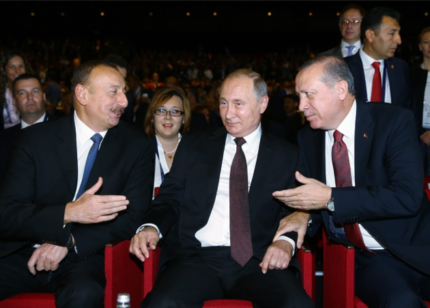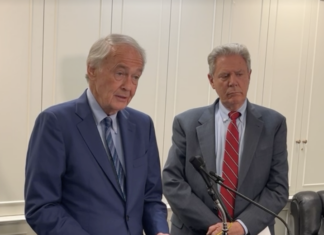By Dhanuka Dickwella
The Caucasus is one of the most fascinating parts of the world in history and culture. We could only think of India as a close competitor in terms of its diversity. The region is home to hundreds of ethnicities, hundreds of languages and various different cultures. It has never missed the attention of geopolitics due to its very location. It is surrounded by three distinctly different powers and dominant cultures. Historically it bordered the empires of Russia, Persia and the Ottomans – in modern day terms, the Russian Federation, Islamic Republic of Iran and the Republic of Turkey. Needless to say, from then to now the Caucasus was only second to the Balkans in terms of regional conflicts.
One of the most outspoken conflicts recently was that of the war in Karabakh or the second war of Karabakh. It was fought between the unrecognized Republic of Karabakh and Azerbaijan. The belligerents were historical rivals, with the Armenian-backed Artsakh Republic and Turkish-backed Azerbaijan. This war had distinct differences from many conflicts that we have seen in our lifetime. In traditional military doctrine, artillery duels, tank fights, trench fights and special operation forces are leading battles. But the noticeable and extensive use of drones, loitering munitions and foreign mercenaries as combatants were what were different and what altered the outcome of the war to a great extent. The information warfare in particular was at a totally new height.
Like any other war this war was brutal, destructive and chaotic. Like any other war it had a lasting impact on regional politics and the geopolitics to an extent.
It is no secret that what tilted the balance to an Azeri victory was none other than the role played by Turkey in the battlefield. From battle planning to weapons to Syrian Jihadist cannon fodder, all was provided by Turkey. Recep Erdogan and his entire administration gave the greatest political support and managed to rally many Muslim nations under their banner. The war was rather portrayed as a Crusade of the 21st century. While the brotherly nations of Georgia famously abandoned Armenia, the generally anti-Islamic Israel went even further and provided lethal weapons to kill and maim thousands of young Armenians. The Russians chose to sit back and observe the fall of the Armenian front as a way to punish the pro-Western choice of the newly elected Armenian prime minister Nikol Pashinyan. Iranians did not want to antagonize the millions of Azerbaijani Iranians and chose to issue statements calling for restraint and dialogue. The French, who are pro-Armenian, made some noise that was heard in the EU but had no muscle to stop the Turkish plans. Just as it has been the norm historically, as always the Armenians were left by themselves. No allies came to help them; the strong diaspora could not rally the world to stop the onslaught.
For Turkey this was more than a war, much more than the centuries-old animosity towards the Armenians. This was the opportunity to advance their greater Turkic world project. Azerbaijan was a key piece of this game and President Recep Tayyip Erdogan was determined to turn every stone around to get the biggest leverage in the Caucasus. Turkish nostalgia with its Ottoman history is more visible under AKP rule. To bring the Turkic world together seems to be the undertone of the AKPs nationalistic agenda. They seems to be advancing with cultural, military and political influence in the Central Asian region as well as west Asia in recent history. The Caucasus is one of the most strategically important land bridges for Turkey’s many ambitions. The vast oil and gas reserves in the Caspian and Central Asian regions and Turkey’s own geography as a gateway to Europe give it a natural advantage to be an energy hub. Besides, pipeline politics has become one of the most important political leverages in the century. Turkey wanted to open its access via the Azerbaijani exclave of Nakhchivan connecting to Azerbaijan proper, giving it a major role in trading in the region. The opening of this axis will give the region a huge economic boost, making Ankara’s role ever more important.








